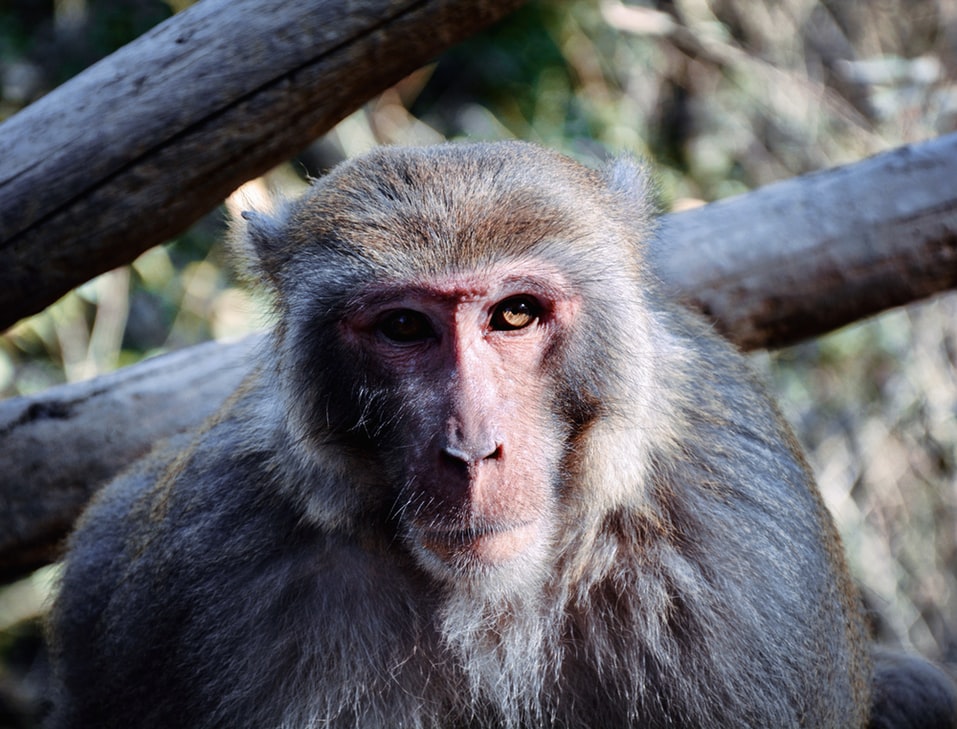
Feeding wildlife could have a negative effect on animals, according to a team of researchers from the University of Georgia and San Diego State University.
The study "Interactions with humans are jointly influenced by life history stage and social network factors and reduce group cohesion in moor macaques (Macaca maura)" revealed that feeding wildlife can be detrimental to the social lives of animal communities.
The researchers observed and documented the behavior of moor macaque monkeys on the island of Sulawesi in eastern Indonesia.
Published in Nature Scientific Reports, the study found that male macaques were more likely to approach humans. People would typically offer monkeys bread, potato chips, fruits, and processed foods.
Macaques with greater influence within the community of monkeys would be often found on the roadside.
"When the monkeys were along the road there were fewer social connections between individuals. This change can reduce the opportunities for positive interactions, such as grooming one another or resting nearby one another," said Kristen Morrow, a doctoral student in anthropology at UGA and lead author of the study.
"These are important behaviors, because they serve as a foundation for social learning and relationship building that lead to a strong, cohesive community," she added.
Findings revealed that macaques spent about 20% of their time along the road and 80% in the forest.
However, their behavior along the road is different from their behavior in the forest. They would forage for wild fruit when they are in the forest.
"Our results suggest that moor macaques are attracted to the road because they perceive that the benefit of receiving food provisions outweighs any risks associated with being in close proximity to people and moving vehicles," said Erin Riley, professor of anthropology at San Diego State University and the senior author on the paper.
"This finding suggests that a macaque-focused approach to managing this interface may be ineffective. Instead, efforts are likely better focused on changing people's behavior by expanding their knowledge of the negative effects of feeding the macaques and why protecting them is important."






